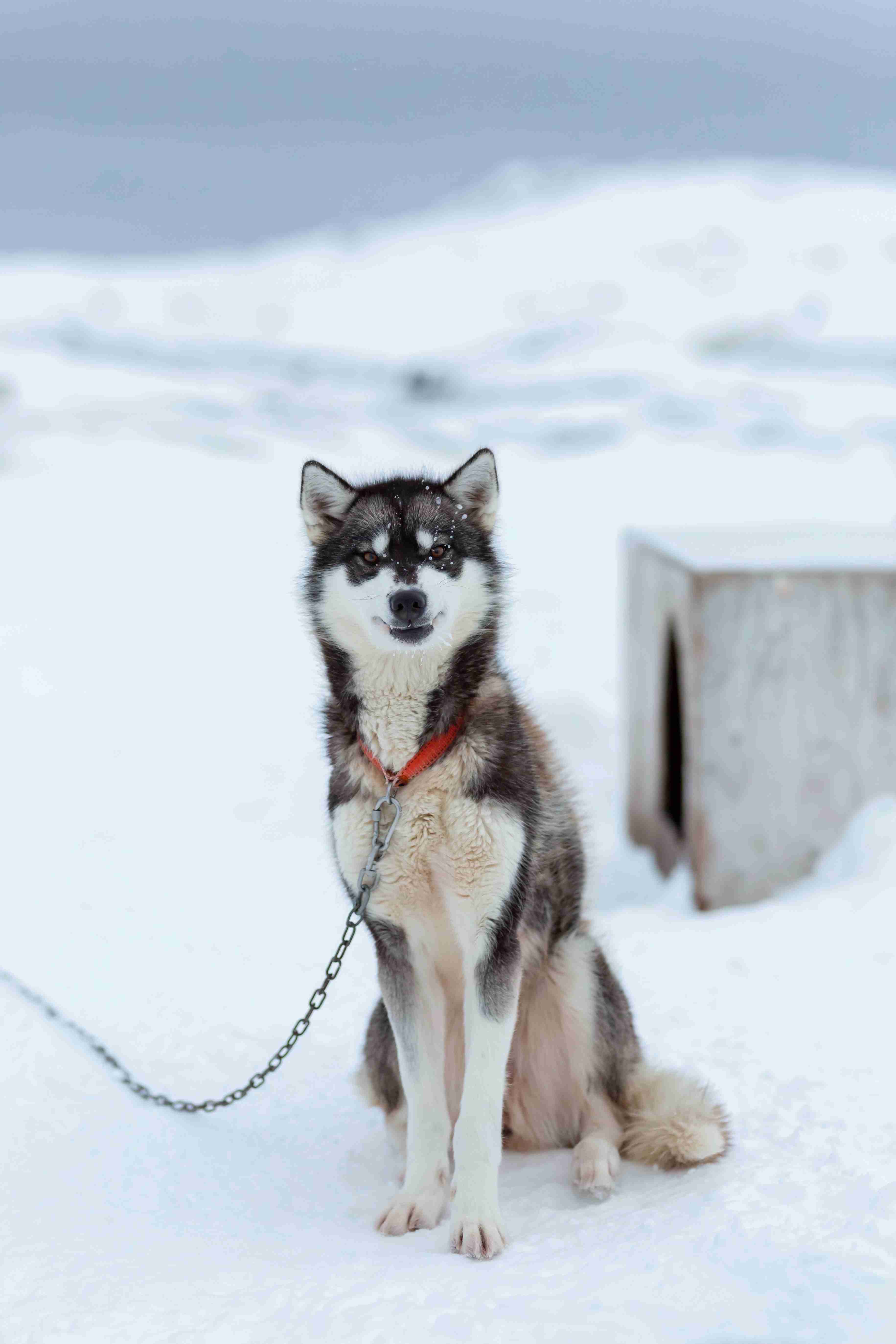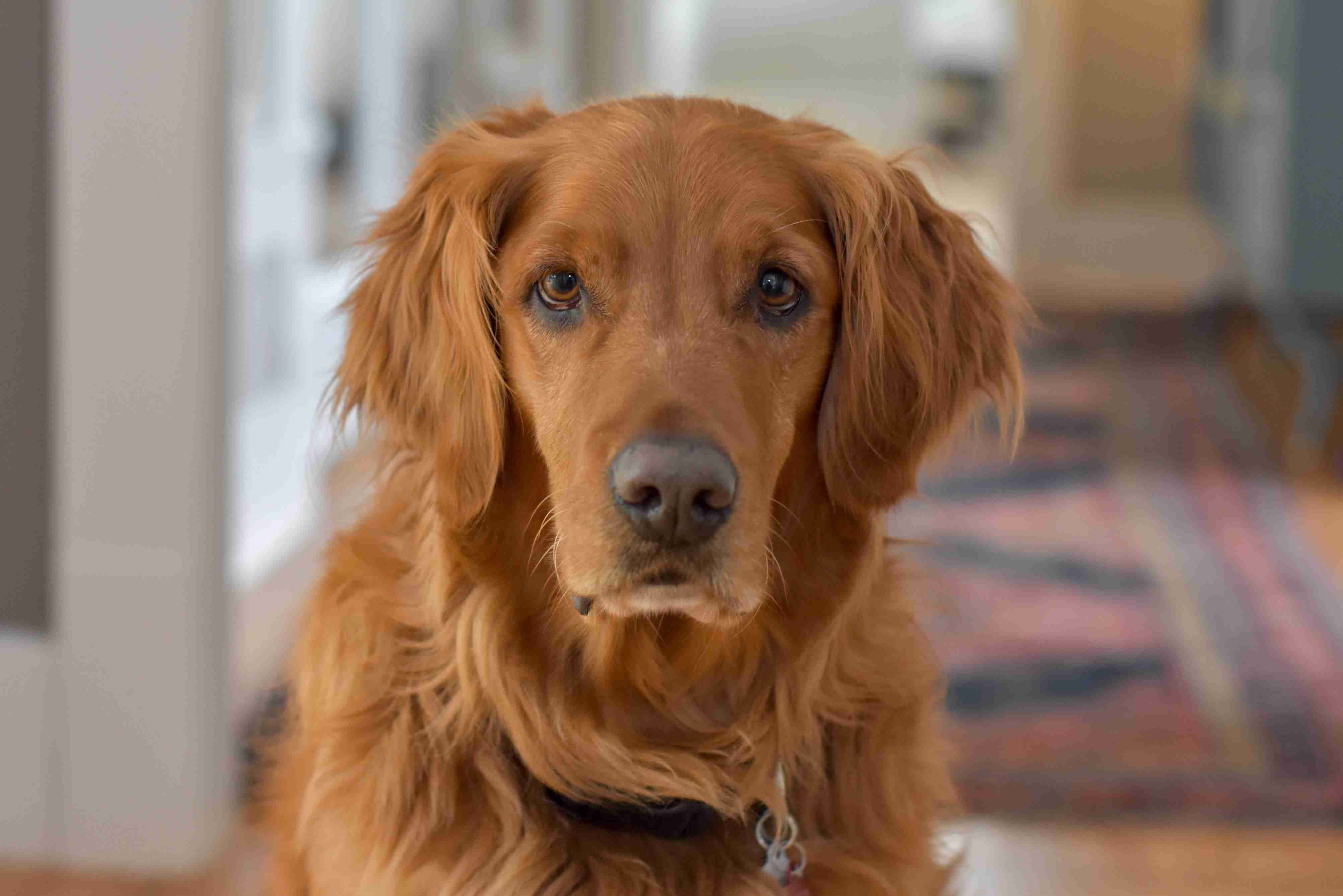Poodles, known for their elegance and intelligence, are beloved companions that bring joy to countless households. However, like any other breed, poodles are susceptible to various health issues, including muscular and skeletal disorders. As a responsible pet owner, it’s crucial to be aware of these conditions and understand how they can be managed and treated to ensure the well-being and quality of life of your furry friend. In this blog post, we will explore the common types of muscular and skeletal disorders that poodles can develop and provide valuable insights into effective management and treatment strategies. So, if you want to be well-equipped with the knowledge to keep your poodle healthy and happy, then keep reading!
Muscular and Skeletal Disorders in Poodles: Understanding, Managing, and Treating Common Conditions
Poodles are renowned for their intelligence, elegance, and charm. Whether you have a standard, miniature, or toy poodle, it’s important to be aware that these beloved companions are susceptible to certain muscular and skeletal disorders. Understanding these conditions and their management is crucial for the health and well-being of your furry friend. In this blog post, we will dive deep into the world of muscular and skeletal disorders in poodles, exploring their causes, symptoms, diagnosis, and treatment options.
1. Hip Dysplasia:
Hip dysplasia is a common musculoskeletal disorder that affects poodles and other dog breeds. This hereditary condition occurs when the hip joint doesn’t develop properly, leading to instability and eventual joint deterioration. Poodles with hip dysplasia may experience pain, lameness, difficulty in getting up or standing, and a decreased range of motion in the affected joint. Treatment options include weight management, exercise moderation, physical therapy, non-steroidal anti-inflammatory drugs (NSAIDs), and in severe cases, surgical intervention such as total hip replacement.
2. Patellar Luxation:
Patellar luxation is another condition commonly found in poodles. It occurs when the kneecap (patella) slips out of its normal position, causing discomfort and difficulty in walking. Poodles with this condition may exhibit intermittent or constant lameness, hopping gait, or a skipping motion. Treatment options depend on the severity of the condition and can range from conservative management including weight control and physical therapy to surgical correction.
 - Copy.jpg)
3. Osteoarthritis:
Just like humans, poodles can develop osteoarthritis, a degenerative joint disease characterized by joint inflammation and cartilage deterioration. This condition can occur as a result of aging, previous injuries, or other joint disorders. Poodles with osteoarthritis may show signs of stiffness, reluctance to exercise, limping, and decreased mobility. Management of osteoarthritis in poodles involves weight management, gentle exercise, pain management medications (such as NSAIDs and joint supplements), physical therapy, and alternative treatments like acupuncture or hydrotherapy.
4. Degenerative Myelopathy:
Degenerative myelopathy is a progressive neurological disorder that affects the spinal cord in poodles and other breeds. It primarily occurs in older dogs and is characterized by hind limb weakness, loss of coordination, and eventually paralysis. Although there is no known cure for degenerative myelopathy, supportive care can help manage the symptoms and improve the quality of life for affected poodles. Physical therapy, mobility aids such as wheelchairs, and alternative therapies like acupuncture or laser therapy are often recommended.
5. Muscular Dystrophy:
Muscular dystrophy is a genetic disorder that affects the muscles, leading to muscle weakness and wasting. While less common than some other disorders, poodles can be affected by muscular dystrophy. Symptoms may include muscle stiffness, difficulty in rising or climbing stairs, exercise intolerance, and overall decreased muscle mass. Treatment primarily focuses on supportive care, improving mobility, and managing associated complications such as respiratory issues or feeding difficulties.
As responsible poodle owners, it’s important to be knowledgeable about the potential muscular and skeletal disorders that can affect our furry friends. By understanding the causes, recognizing the symptoms, and seeking appropriate veterinary care, we can effectively manage and treat these common conditions. From hip dysplasia and patellar luxation to osteoarthritis, degenerative myelopathy, and muscular dystrophy, each disorder requires unique approaches to treatment and care. Remember, early detection and intervention can significantly improve the quality of life for your poodle and ensure they continue to enjoy a happy and healthy life by your side.
In conclusion, while muscular and skeletal disorders can pose challenges for Poodles, there is hope for managing and treating these conditions effectively. By being proactive in their care, such as maintaining a healthy weight, providing regular exercise, and implementing preventative measures, we can minimize the risk of these disorders occurring in our beloved Poodles. It’s essential to work closely with a veterinarian who specializes in orthopedic health to ensure early detection and the best course of treatment. With the right knowledge, resources, and support, we can ensure that our Poodles live their lives to the fullest, free from the limitations that these disorders may present. Remember, a little extra effort in their care can go a long way in maintaining their well-being and ensuring that they lead happy, healthy, and active lives.


%20-%20Copy.jpg)
.jpg)
%20-%20Copy.jpg)
.png)


